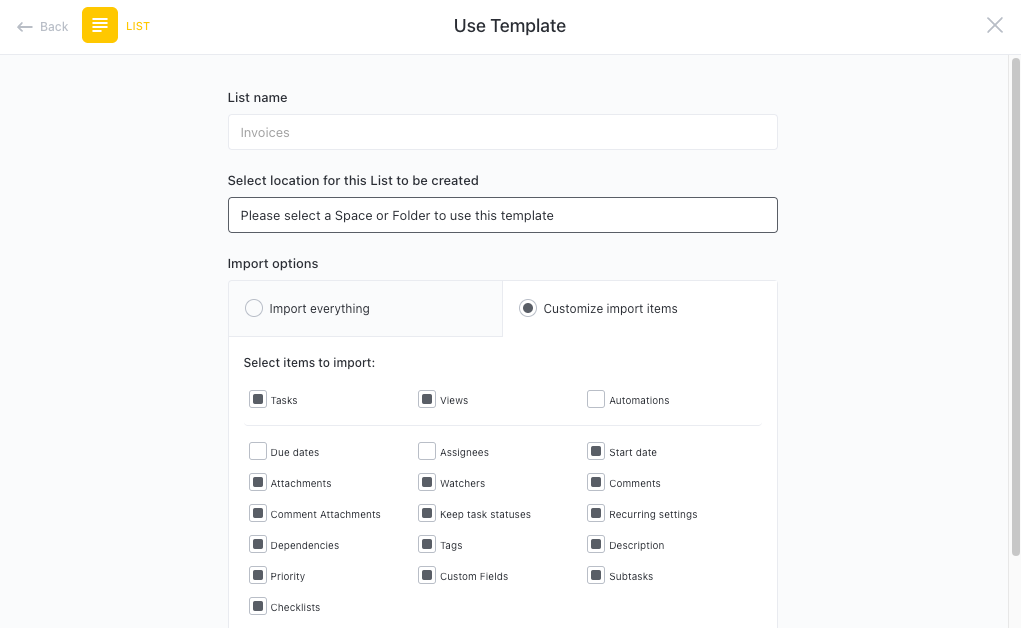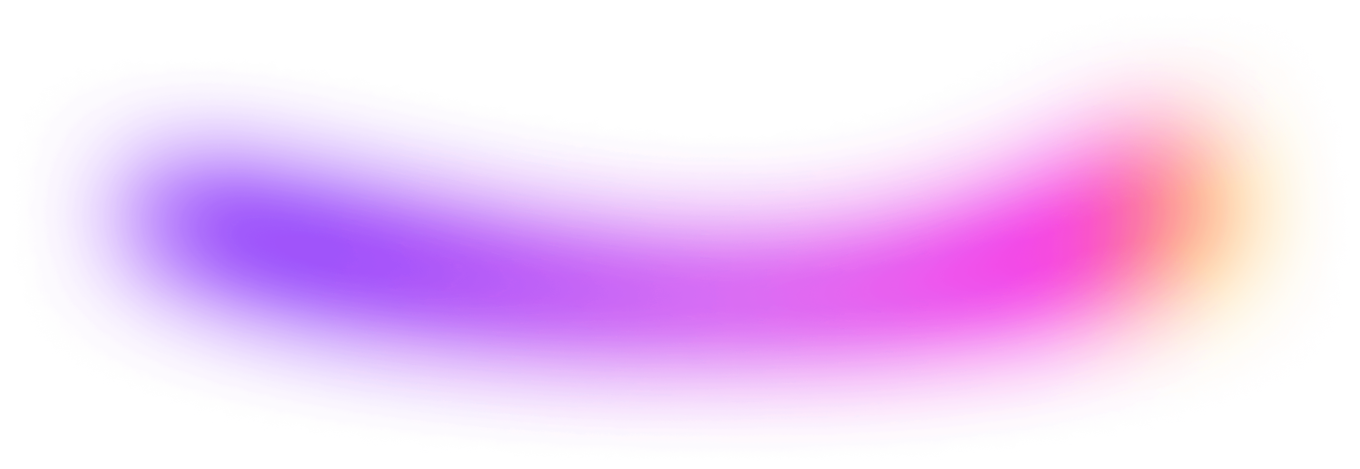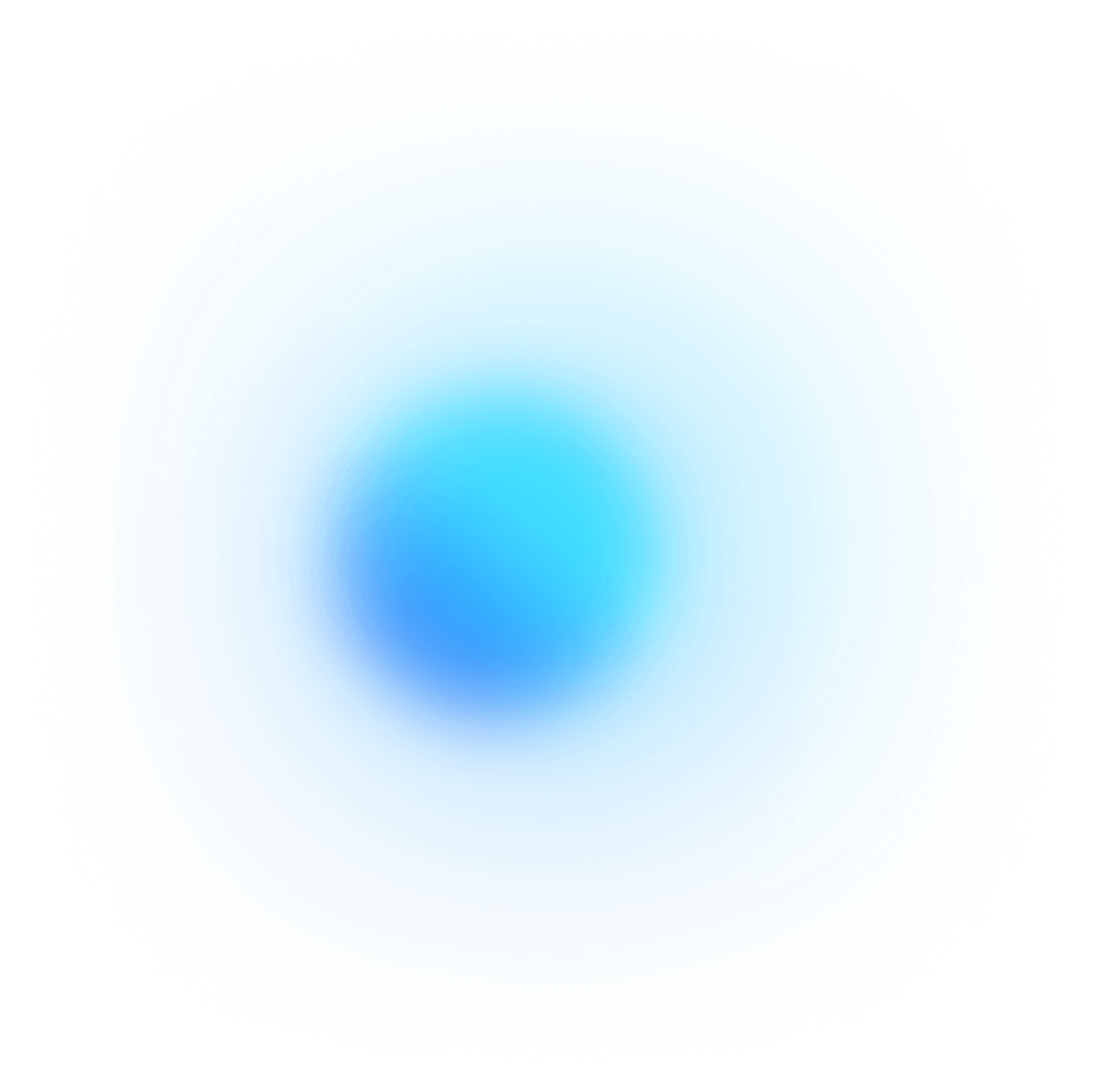Calling all librarians! Are you tired of disorganized and unproductive meetings? Say goodbye to chaos and hello to efficiency with ClickUp's Librarians Meeting Agenda Template. This template is specifically designed to help you plan and organize your meetings, so you can focus on what really matters – improving your library!
With ClickUp's Librarians Meeting Agenda Template, you can:
- Discuss and prioritize important topics like library programs, collection development, budgeting, and professional development
- Assign action items and track progress to ensure tasks are completed on time
- Collaborate with your team in real-time, making it easy to share updates and notes
- Streamline communication and keep everyone in the loop, even outside of the meeting room
Don't let unproductive meetings hold you back. Try ClickUp's Librarians Meeting Agenda Template and make your meetings more efficient and effective than ever before.
Benefits of Librarians Meeting Agenda Template
Librarians rely on the Meeting Agenda template to streamline their meetings and keep their libraries running smoothly. Here are the benefits of using this template:
- Ensures that all important topics are covered, from library programs to budgeting and professional development
- Keeps meetings focused and on track, saving time and preventing unnecessary tangents
- Facilitates collaboration and decision-making by providing a structured framework for discussions
- Allows for easy tracking of action items and follow-ups, ensuring that tasks are assigned and completed
- Increases accountability and transparency among team members, fostering a culture of productivity and efficiency.
Main Elements of Librarians Meeting Agenda Template
ClickUp's Librarians Meeting Agenda template is the perfect tool to plan and organize your next library meeting efficiently.
Here are the main elements of this template:
- Doc Template: Use the pre-designed meeting agenda template to outline the discussion topics, time allocations, and action items for your librarians' meeting.
- Custom Statuses: Keep track of each agenda item's progress with custom statuses such as In Progress, Completed, and Pending.
- Custom Fields: Utilize custom fields to include important information about each agenda item, such as priority level, responsible person, and due dates.
- Different Views: View your meeting agenda in various formats, including List View, Board View, or Calendar View, to suit your preferred workflow and make collaboration seamless.
With ClickUp's Librarians Meeting Agenda template, you can ensure productive and organized meetings that drive library success.
How to Use Meeting Agenda for Librarians
Running an effective librarians meeting requires proper planning and organization. To ensure a productive discussion, follow these steps when using the Librarians Meeting Agenda Template in ClickUp:
1. Set the meeting objectives
Before creating the agenda, determine the main objectives of the meeting. Are you discussing library policies, upcoming events, or budget planning? Clearly defining the purpose of the meeting will help keep the discussion focused and ensure that all necessary topics are covered.
Use Goals in ClickUp to set specific objectives for the meeting, such as “Review and update library policies“ or “Plan summer reading program.“
2. Identify key discussion topics
Brainstorm and list the specific topics that need to be discussed during the meeting. This could include updates on ongoing projects, upcoming deadlines, or any challenges the library is facing. Prioritize the topics based on their importance and relevance to the overall objectives of the meeting.
Create tasks in ClickUp to outline each discussion topic, such as “New book acquisitions“ or “Volunteer recruitment for events.“
3. Allocate time for each topic
Determine how much time should be dedicated to each discussion topic to ensure that the meeting stays on track. Assigning specific time slots will help prevent any one topic from monopolizing the entire meeting and ensure that all important matters are addressed.
Use the Gantt chart in ClickUp to visually allocate time for each discussion topic and keep track of the meeting's overall timeline.
4. Assign responsibilities
Identify the individuals who will be responsible for leading each discussion topic or presenting specific information. Assigning responsibilities ensures that everyone is prepared and knows what is expected of them during the meeting. This could include librarians, department heads, or guest speakers.
Utilize the Assignees feature in ClickUp to assign responsibilities to specific team members for each discussion topic.
5. Distribute the agenda in advance
Send the finalized meeting agenda to all attendees well in advance of the meeting. This allows everyone to review the topics, gather any necessary information, and come prepared with their thoughts and contributions. Encourage attendees to add any additional topics they feel should be discussed to ensure a comprehensive meeting.
Send the agenda using ClickUp's built-in Email feature or share it directly through the platform to ensure everyone has access to the agenda and can easily refer to it during the meeting.
By following these steps and utilizing the Librarians Meeting Agenda Template in ClickUp, you can run efficient and productive meetings that keep your library team aligned and on track.

Get Started with ClickUp’s Librarians Meeting Agenda Template
Librarians can use the Librarians Meeting Agenda Template to streamline their meetings and ensure that all important topics are covered.
First, hit “Add Template” to sign up for ClickUp and add the template to your Workspace. Make sure you designate which Space or location in your Workspace you’d like this template applied.
Next, invite relevant members or guests to your Workspace to start collaborating.
Now you can take advantage of the full potential of this template to plan effective meetings:
- Use the Agenda View to create a detailed outline of topics to be discussed
- Assign tasks to team members to ensure everyone is prepared and accountable
- Utilize the Notes section to capture important discussion points and decisions made during the meeting
- Create a separate section for library programs, collection development, budgeting, and professional development to ensure all areas are covered
- Set deadlines for action items and follow-up tasks to keep projects on track
- Use the Calendar view to schedule regular meetings and send out meeting invitations
- Monitor and analyze meeting discussions and decisions to improve future meetings and increase productivity.








